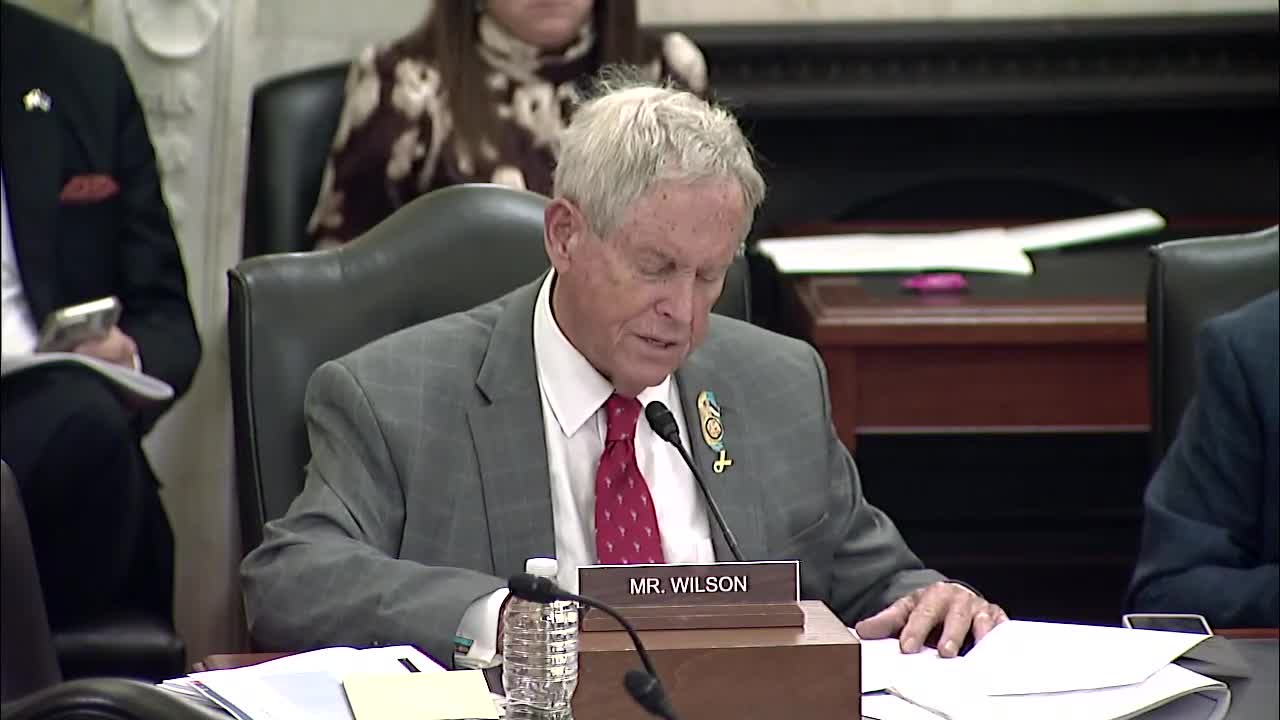Estonian foreign minister and U.S. security experts urge tougher deterrence for NATO’s eastern flank
Get AI-powered insights, summaries, and transcripts
Subscribe
Summary
Testimony at a U.S. Helsinki Commission hearing warned of escalating Russian hybrid operations across Europe, cited airspace violations and sabotage, and urged stronger deterrence including permanent troop presences, sanctions targeting Russia’s energy sector and measures against the "shadow fleet."
Margus Satna, identified in the transcript as the minister of foreign affairs of the Republic of Estonia, told the Commission on Security and Cooperation in Europe that Russia’s campaign against the West has intensified and that "Russia's full scale war against Ukraine is about to enter its fourth year." He recited a string of incidents — repeated airspace violations, a late‑2023 sabotage operation in Estonia, GPS jamming that disrupted civilian flights and the removal of border demarcation buoys on the Narva River — to argue the threat is broad and coordinated.
Seth Jones, who testified as an expert on Russian operations, told commissioners that sabotage, cyber operations and kinetic attacks targeting U.S. and allied interests have surged in recent years and cited a recent sabotage of a Polish rail line as an example. "Between 2022 and 2024 the number of Russian sabotage and subversive acts in Europe quadrupled and then tripled again," Jones said in his testimony (as recorded in the hearing transcript).
Peter Rau of the Hudson Institute recommended several policy changes to raise Moscow’s costs, including turning rotational force posture into a more permanent U.S. presence in parts of Eastern Europe, targeting elements of the so‑called shadow fleet and reassessing rules of engagement for NATO air policing in the Baltic region. Rau said such steps would signal that violations of allied territory would have tangible consequences abroad.
Lawmakers pressed witnesses on practical tradeoffs and political messaging. Rep. Jake Elzey asked whether the 1997 NATO‑Russia Founding Act and earlier assurances such as the Budapest memorandum still constrain U.S. policy; Rau called the founding act "totally obsolete" in light of Russian actions. Rep. Murphy and Rep. Steve Cohen warned against repeating past inaction, saying that early support and clear commitments are essential to deter further aggression.
Panelists also discussed sanctions and energy policy as levers to pressure Moscow. Witnesses cited imminent sanctions on Russian energy companies and described proposals to restrict Russian exports and to use frozen assets; Jones and others pointed to efforts to create alternative LNG corridors through Greece, Bulgaria, Romania and Moldova to reduce regional reliance on Russian energy. The testimony cited the Port of Burgas as an example of a facility handling roughly 140,000 barrels per day that could be affected by shifts in ownership or sanctions.
The hearing opened and closed with commissioners saying congressional initiatives such as the Eastern Flank Strategic Partnership Act — which the record shows was introduced by the ranking member and another commissioner — aim to make support for frontline allies an explicit U.S. priority. No formal votes or policy decisions were taken at the hearing; witnesses and commissioners concluded with a pledge to continue discussion and legislative work on deterrence, sanctions and accountability mechanisms. The hearing adjourned after closing remarks.
